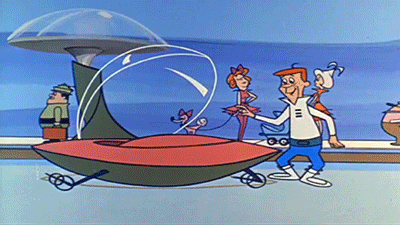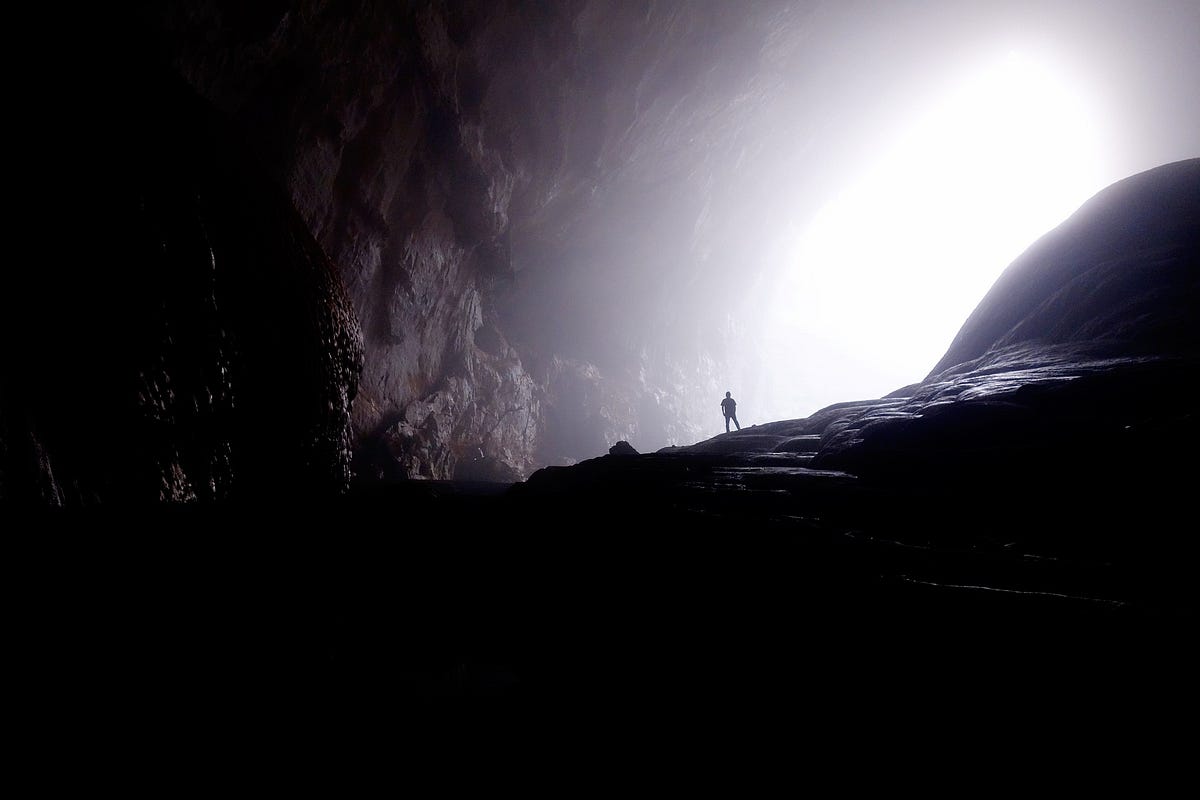
We’re bookworms, and have shared some our favourite books about information visualization. Reading shapes our thinking and influences why Mentionmapp is what you see today, and how it’ll evolve tomorrow.
Thinking about visually navigating the Twitterverse of connections and conversations has been like balancing on a high-wire. On one hand there’s the data and on the other hand, there’s our design choices. We embrace the many constraints that go into bootstrapping a business. Having constraints inform and guide our decisions with everything we do with Mentionmapp never feels out of the ordinary.
Our mind-set is curiosity forged with a love of design. Everyday is one of turning theory into practice. Keeping people at the heart of design can and will make the world more meaningful. Here’s a selection of design readings that are top shelf on our bookcase.
Glimmer (Warren Berger) Despite having worked with designers and engineers needing to learn the workings of CAD/CAM software 10 years before Berger’s book was published, this one counts as the first design book I purchased. The ideas still resonate today like “ask stupid questions,” “make hope visible,” and “embrace constraints.”
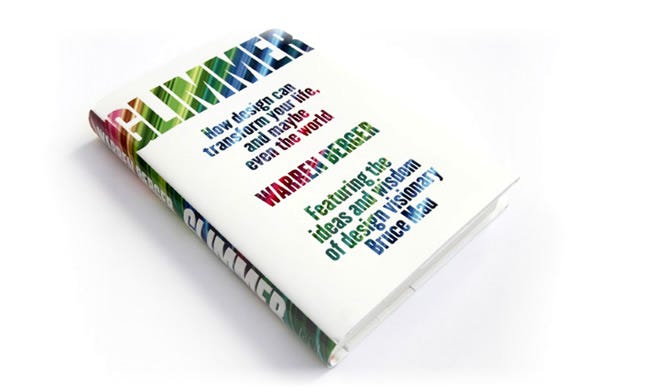
Design and Truth (Robert Grudin), instantly jumped off the shelf the moment I read “poor design tells a lie, a lie usually related… to the getting or abusing of power.” Diving into this narrative that combines a meaningful consideration of the relationship between aesthetics and authority might add some sparks to your next team stand-up.
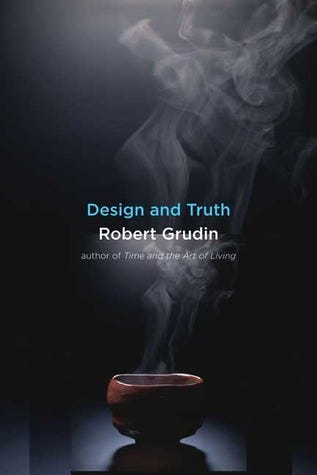
Well Designed (Jon Koklo) is not hard to spot on the bookshelf. That aside, I appreciate Koklo’s experience and keeping the conversation a human-centric one.
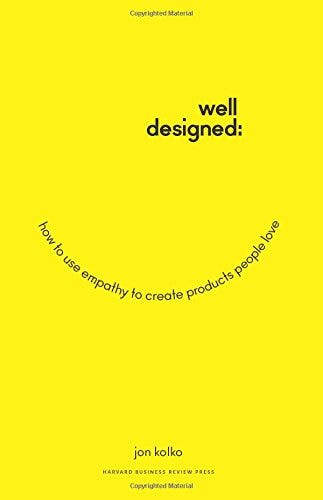
Projective Ecologies (Chris Reed & Nina-Marie Lister) is a great multidisciplinary collection of essays. This makes the list because thinking about our design relationships with the natural world matters more than simply designing more stuff. It’s introduced as an opportunity to understand ecology “as a medium of thought, exchange, and representation.”
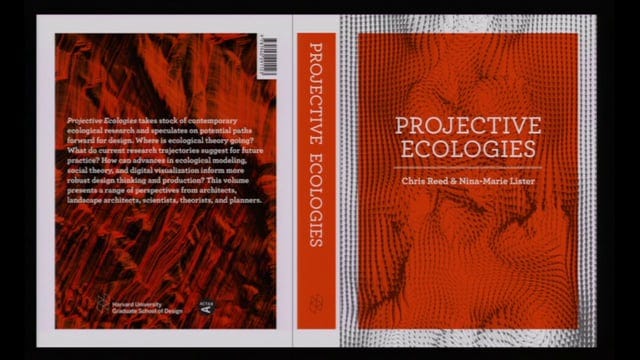
Emotionally Durable Design (Jonathan Chapman). Speaking of stuff, Chapman’s book is meaningful because it serves to counter the “throwaway” mindset that’s creating a planet being crushed by extreme duress. It’s a thoughtful and hopeful dialogue that highlights the great opportunity we have to redefine our material relationships.
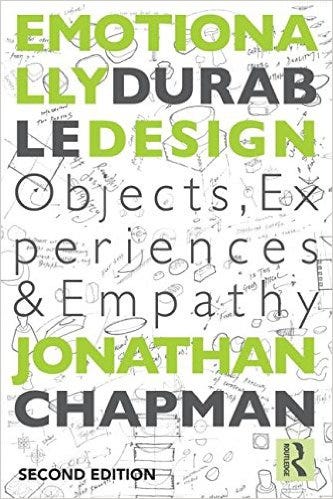
Wabi-Sabi (Leonard Koren) The metaphor is at the core of how we understand and relate to our world. This used book store gem, speaks volumes when offering the box (rectilinear, precise, contained) as a metaphor for modernism, and the bowl a metaphor (free shape, open at the top) for Wabi-sabi. The key to Wabi-sabi is seeing “a beauty of things imperfect, impermanent, and incomplete.”
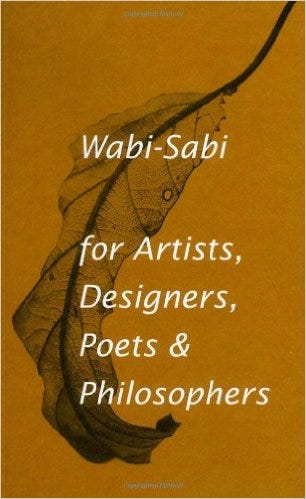
We’ll leave you with simplicity of words and complexity of thought
From time to time
The clouds give rest
To the moon beholders..
-Matsuo Basho
___________________________________________________________________
From the pen of John (cofounder).
We hope you’ll visit Mentionmapp and explore the Twitterverse soon!

